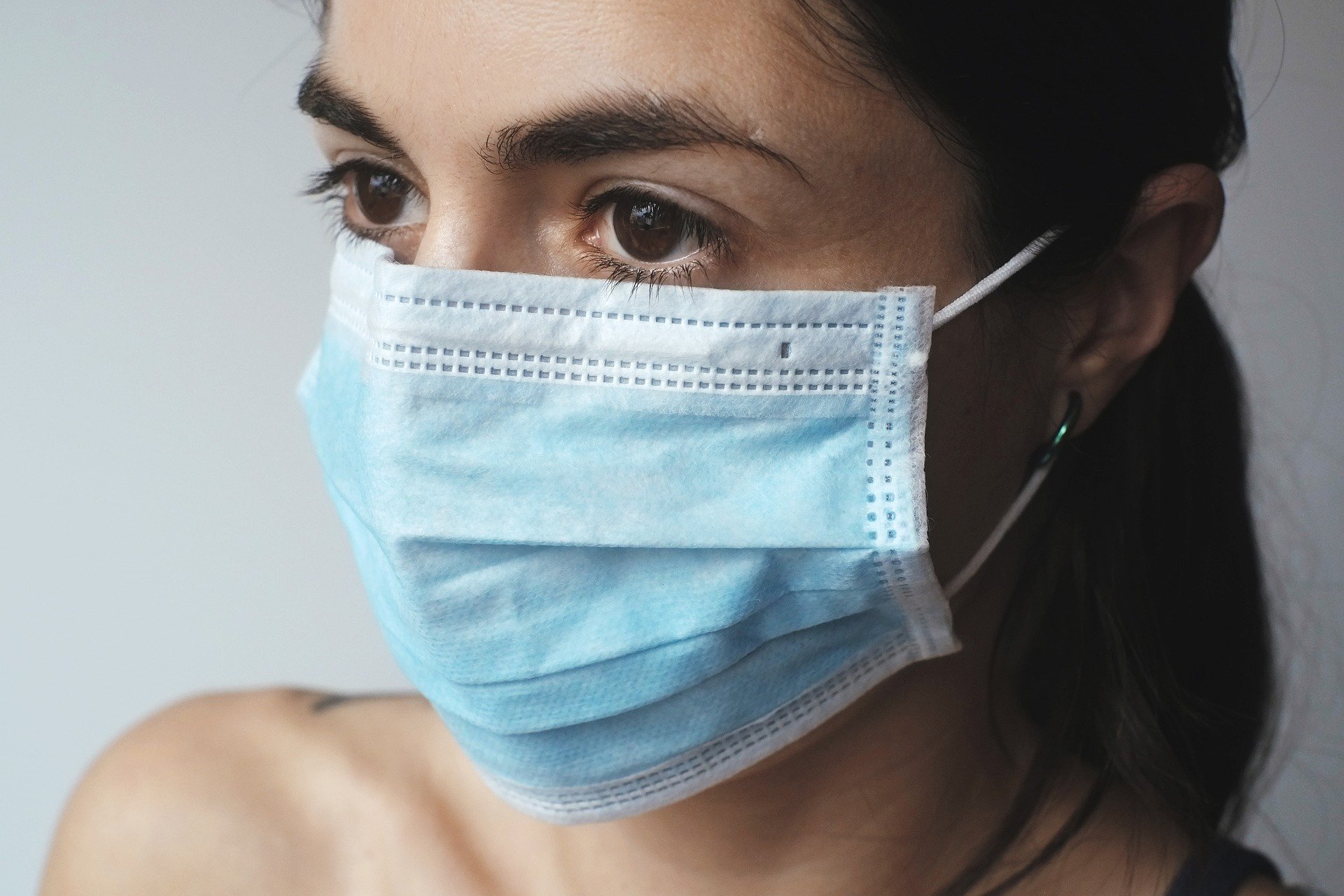It’s safe to say that nobody was expecting the sort of impact the coronavirus pandemic had on the world, much less healthcare services around the world. All lives have been so greatly affected, and not for the better.
As of 2020, data shows that the pandemic has led to an estimated drop in privately funded care of about 84%.
It also goes without saying that at some point, most people have been financially affected by the pandemic – some positively, but a lot negatively. During this time of unprecedented pressure on health systems, especially in the UK, many independent hospitals and Private Patient Units and consultants have stepped in the support the NHS in battling the coronavirus pandemic.
It seems that the NHS began to use more of private hospital capacity as public hospitals became extremely overwhelmed with COVID-19 patients, which seemed to pause the return of normal pre-pandemic levels of activity back in early December 2020.
Of course, this will impact those who seek private treatment, especially as health services scramble to recover from the damage that has been inflicted in the past year. Some private treatments delivered during the pandemic has also changed rather significantly, with medical oncology becoming the largest single specialty performed.
Some private healthcare providers have found it difficult to deliver certain services and treatments to their private-paying patients, causing non-urgent procedures and treatments to be placed on hold and forcing practitioners to focus on providing critical care (for example cancer treatments) to both private and NHS patients.
As of 2021, however, it seems as if the private sector are ‘thriving’ and understandably so. Gone are the days in which the NHS took up capacity in private hospitals, 680 operating theatres and 20,000 members of staff.
One could almost suggest that this dent in the NHS infrastructure has seen a lot more people taking out private health insurance, despite its notoriety for being expensive. As deaths peaked well above the worst-case predictions, the NHS capacity reached a breaking point and many NHS patients opted for ‘self-pay’ private treatment.
How Much Does Private Healthcare Cost?
To understand just how desperate people have become, let’s break down how much it costs to take out private health insurance.
It’s a good idea to weigh up your personal situation in order to get a general figure on how much it would cost to take out private health insurance. You must take things into consideration such as;
- Your age
- Where you live
- Your general health
- Whether or not you smoke
The average quotes for a 33-year-old individual are between £26 and £48 per month, or between £312 and £576 per year (according to BUPA, AXA, Aviva and Vitality).
Typically, private health insurance is aimed at those over a certain age, therefore the younger you are the more you will have to pay.
The general idea is that a person should get private health insurance when they experience certain illnesses or injuries associated with people over a certain age, as emergency treatment and pre-existing/chronic illnesses aren’t usually covered.
Here are some common healthcare treatments and how much they normally cost;
- Knee replacement: £11,434
- Hip replacement: £10,761
- Cataract surgery: £2,425
- Varicose vein surgery: £2,585
- Cardiac pacemaker insertion: £4,925
- Hernia repair: £2,695
Many different people struggled and continue to struggle financially due to the economic effects of the coronavirus pandemic, however it’s a surprise to see just how many people are switching from free public healthcare to private healthcare, no matter how much it may cost them.
It also gives an insight to just how badly NHS treatments have been backlogged, and makes one wonder why a government-funded public healthcare service is having the funding issues it has – especially since it benefits such a large amount of people.


 71–75 Shelton Street, Covent Garden, London, WC2H 9JQ
71–75 Shelton Street, Covent Garden, London, WC2H 9JQ +44 (0) 20 3376 1032
+44 (0) 20 3376 1032



